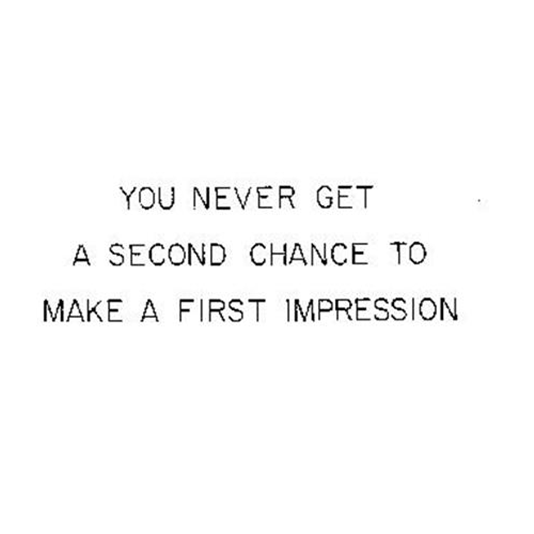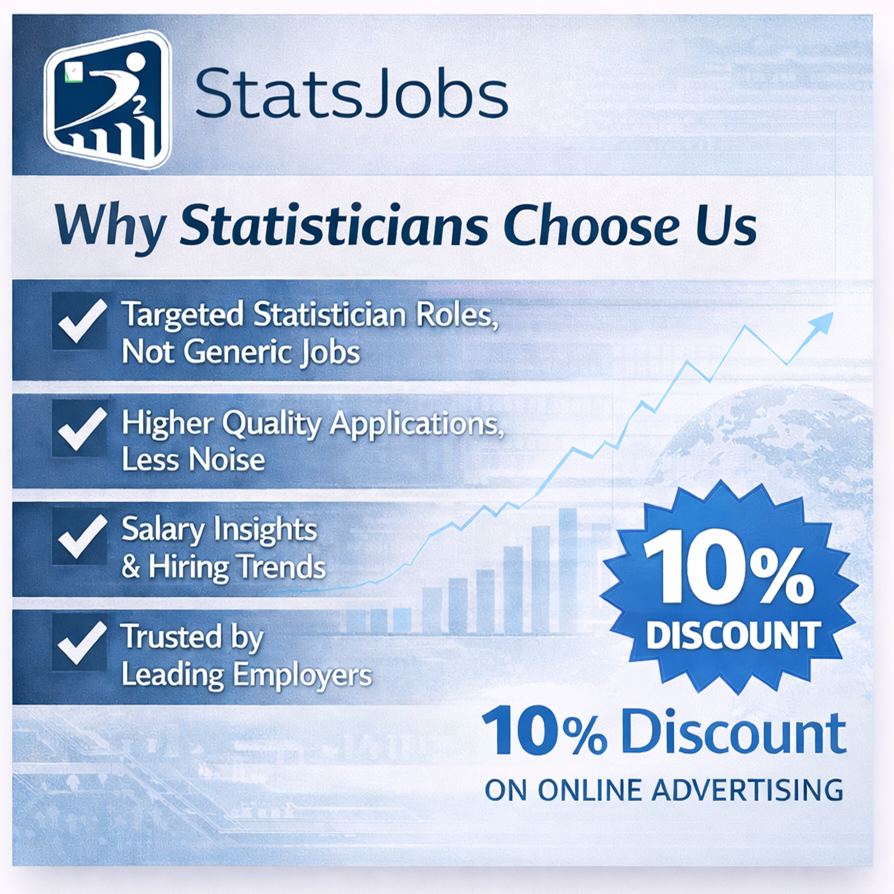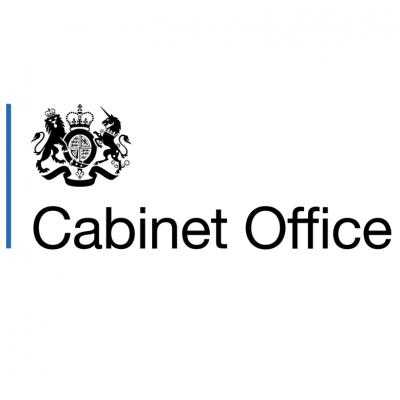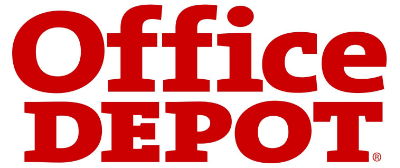How to Clean Up Your Online Presence and Make a Great First Impression

Odds are someone is searching the web for you right now, or at least has looked you up fairly recently. Do you know what they learned? Better yet, do you control the pages and profiles they visited? If not, it's time to take your online reputation into your own hands instead of leaving it to Google. Here's how.
Why First Impressions Matter on the Internet
It's no secret that friends, nosy family members, and potential employers will all take to Google, Facebook, Twitter, and LinkedIn to look for more information about you when they want it. In the case of family and friends, they already know you. When it comes to potential employers or people interested in working with you, it's important to make sure that the things they find about you are representative of who you are (or who you want them to think you are.)
You don't have to be a job-seeker to understand the importance of your online reputation, though. You can be a freelancer or entrepreneur who wants to control their image, or just someone who doesn't your name dragged through the mud. It may seem like the wall of Google search results when you search your name is impossible to control, but there are some clever things you can do. In this post, we'll tackle some of them, and by the end you'll have a better picture of what people find when they search for you. With work, you'll even have better control over what they find.
Step One: Find Out Where You Stand (and Erase Embarrassments)
Before we get started, it's a good idea to see what others see when they search for you. Then we can tweak what we find so it's representative of the "you" that you want the public to see, not just what Google collects.
Search For Yourself on Google and Facebook
We'll start with Google. You've probably done a vanity Google search before, but if not, now's the time. Just log out of your Google accounts or use a browser where you're not logged in (Google personalizes results based on your account activity) and search for your name. Don't bother going more than a few pages deep, and make note of what you see. Remember, making a good first impression requires actually making an impression. While turning up nothing means no one will find anything bad, it also means they won't learn anything good about you, and that can be pretty bad too.
Next, let's check Facebook. You can view your public self on Twitter, Facebook, LinkedIn, and Google+:
- Log out (or use a browser that's logged out) and search for yourself by name. Even if you don't use your name as your account ID, it may be easy to find yourself with a quick name search. See if that's the case, and see what's visible.
- Log back in and view your profile "as public." Facebook, LinkedIn, and Google+ all make it easy to do this from your profile page. This way you can see what your profile looks like to someone who stumbles on you, even if you're not easily found.
Clean Up Any Results You Don't Like
Now that you've seen what others see, it's time to get rid of anything you don't like. You can't trust you'll have the opportunity to explain the bad stuff away in a phone or in-person interview. Whether the behavior is your own, someone trolled you and set up fake profiles to defame you, or someone's been impersonating you online, here's how to handle it for each service:

- Google and Other Search Engines: If you found the offending results at Google or another search engine, ask them to remove the pages from their results. Google has a process for this, and another for Google Images, but they only apply to pages that have been taken down, or old, cached versions of pages that are still up-it's not for pulling down any old page. DuckDuckGo has a feedback form, as does Bing, where you can submit takedown requests for non-legal reasons.
- Facebook: Deleting is your best option (so no one takes screenshots or makes your private posts public without you knowing.) Alternatively, change post visibility individually, or can go go to Privacy Settings > Limit Past Post Visibility to hide everything at once. Get familiar with Facebook's privacy options, and if the content is on Facebook but not under your control, we have some tips to help.

- Twitter: Twitter is easy, just look at your profile by name. If your profile is public, everyone can see it, and if you use your real name as your handle, it's easy to find. You can take your account private, but that won't stop public users from quoting you (although it does stop re tweets) or responding to you publicly. Remember, Twitter is probably the most public of all networks. Think before you tweet.
- Google+: Your posts at Google+ aren't as important as your Google profile. Hide anything you saw but wanted private when you viewed your profile earlier. Make useful details (a contact email address, links to your portfolio or personal web site, etc) are visible. Create topical circles for sharing and familiarise yourself with Google+'s privacy settings.
- LinkedIn: If you post articles to LinkedIn, make sure they're professional in nature and relevant to the public persona you want to put forward. While you're there, go ahead and fill out your profile with additional details: odds are your profile may be incomplete, or the last time you updated it was the last time you changed jobs.
If all else fails, you can turn to services that promise to protect your online reputation. They're usually effective, but they all cost money. For example, previously mentioned BrandYourself and Reputation.com (formerly Reputation Defender) will all help streamline this process for you.
Step Two: Beef Up Your Online Presence with Better Profiles, a Nameplate Site, and More
Now that we've ditched the bad stuff, it's time to build up the good stuff. Potential employers, business contacts, and people you network with will look you up anyway, so why not make sure what they find is what you want them to know?

Spruce Up Your Social Networks. Your social networks can be valuable tools if you use them. Update your LinkedIn profile with your interests and skills, not just your work history. Add some relevant interests to Facebook and leave them public. You may even want to like a few job or industry-related pages, or create a Facebook page specifically for your professional persona. Upload a good-looking profile photo to your Facebook, Twitter, and Google profiles, and consider filling out your photo gallery with flattering shots of you, your work, or even your projects and things you've worked on. Use every opportunity to showcase your skills, talents and interests, whether it's in the "Likes" section of your Facebook profile, or the photos in your Instagram account. There's nothing wrong with food photos at Instagram if you're a self-described foodie, for example.
By now, you've done your homework to find out what other people find when they look for you, cleaned up your profiles, and added content to the web that you control so people only see what you want them to learn about you. As you go forward with your shiny, professional online persona, make sure to keep it clean by following the fundamental rule of sharing on the internet: don't post it if you don't want it to be public.
Sign up to receive our weekly job alert
Featured Jobs
Cabinet Office
London, Glasgow, Leeds, Manchester, Newcastle upon Tyne, Sheffield, York
February 26, 2026
Department for Environment, Food and Rural Affairs Apply before 11:55 pm on Monday 9th March 2026
Bristol, London, Newcastle-upon-Tyne, York
March 09, 2026
Regulator of Social Housing
Birmingham, Bristol, Leeds, Manchester
March 01, 2026
King's College London
London, UK
March 15, 2026
Metronomia Clinical Research
Remote United Kingdom
February 25, 2026















